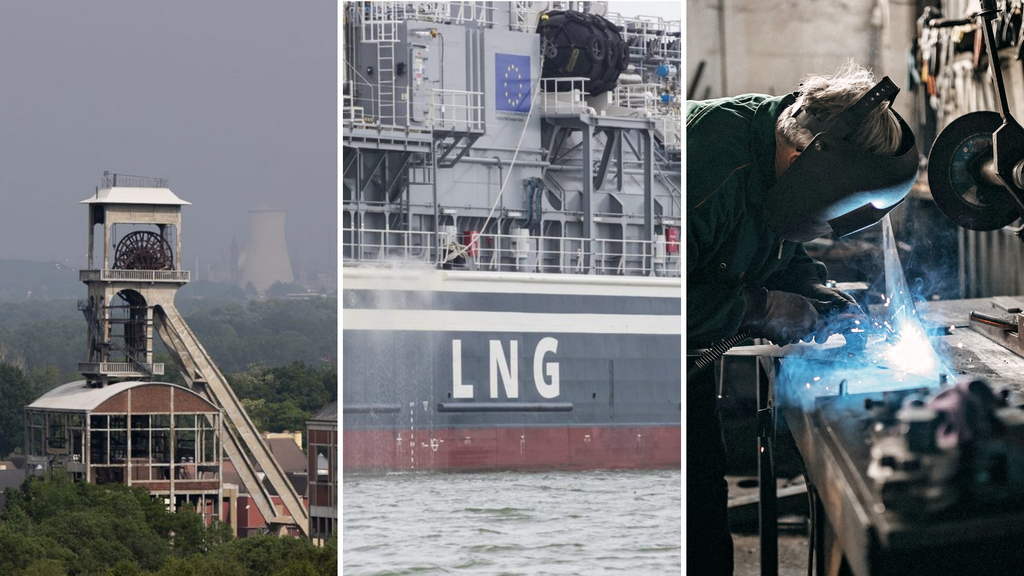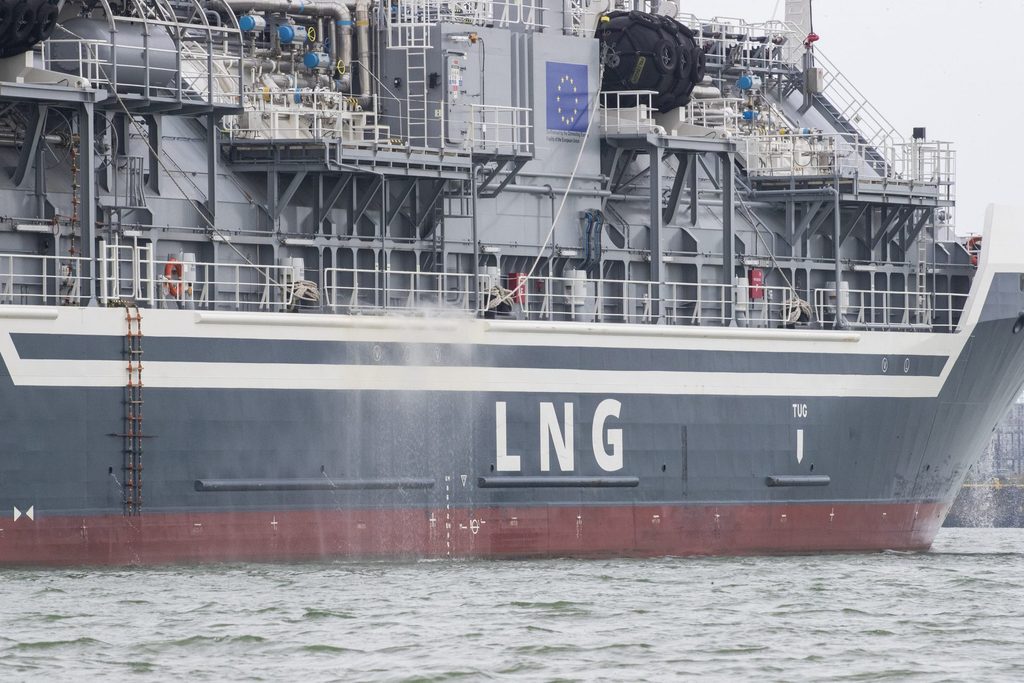Natural gas prices in Europe today jumped the most since March 2022, an unwelcome piece of news that might have been overshadowed by the long-awaited return of clear skies.
With central heating systems mostly switched off in Belgium, consumers have had little use for gas ad household bills are far from the haunting highs of winter. But with natural gas accounting for almost 40% of the country's energy supply at times of peak demand (ie. the winter months), analysts have long warned of more price increases, possibly with peaks that are unsustainable without structural intervention.
Whilst Europe has largely managed to decouple itself from the grip of Russian imports, it now finds itself at the mercy of production pinches elsewhere around the world. Today's spike was provoked by fears of a worker strike at a LNG facility in Australia.
The volatility again makes the case for energy sovereignty and maximising how much domestic demand can be covered by sources under national control. The prudent use of resources – namely, following a policy of sobriety – will lead to a more efficient system at all levels.
But as noted previously, it isn't as simple as celebrating reductions in gas consumption: mistaking savings for efficiency overlooks the very things we should be protecting. European industry has already taken a beating and experts warn that Belgium's greater reduction in natural gas is driven by an almost 20% fall in industry demand.
If lowering gas use also means lowering employment and GDP, the pain for consumers will intensify and be far harder to reverse. Not dissimilar to the flawed tendency to understand an economy through the lens of household expenditure, the nationwide reduction in demand for gas hides more concerning challenges.
Whilst switching your own lights off is a no-brainer, we should be mindful of turning off industry.
Belgium in Brief is a free daily roundup of the top stories to get you through your coffee break conversations. To receive it straight to your inbox every day, sign up below:
1. People on a living wage in Belgium have doubled in 20 years
An unmistakable rise in the number of people on a living wage in Belgium has been recorded by the Federal Planning Bureau, which stressed an urgent decrease is needed if Belgium is to attain the UN's Sustainable Development Goals (SDGs). Read more.
2. Belgian gas consumption falls by more than EU average
Belgium's gas consumption fell by far more than the European average last year despite relatively high household demand, a recent study has found. Read more.
3. Weekend break: J’aime Durbuy
Though it claims to be the smallest city in the world, Durbuy is big on charm, boasting a medieval castle, upscale restaurants and megalithic natural surroundings. Read more.
4. Giant sinkhole appears on West Flanders road as sewer system collapses
Part of the road surface in the municipality of Tielt (in the West Flanders province) collapsed on Wednesday evening, creating a large sinkhole of about four metres deep and six metres wide. Read more.
5. Two Belgian nature spots seek to become UNESCO Biosphere Reserves
Two nature domains in Belgium are looking to be recognised as UNESCO Biosphere Reserves, which would help with efforts to preserve and increase biodiversity here. Read more.
6. Here comes the sun: Temperatures to reach 26° in Brussels
The sun will finally make a long-anticipated reappearance in Belgium on Thursday, bringing what feels like the first summery day in weeks. Read more.
7. Hidden Belgium: La Source Beer Co.
The Brussels microbrewery La Source recently launched a programme of concerts featuring indie bands from Belgium, France and the United States. Read more.


